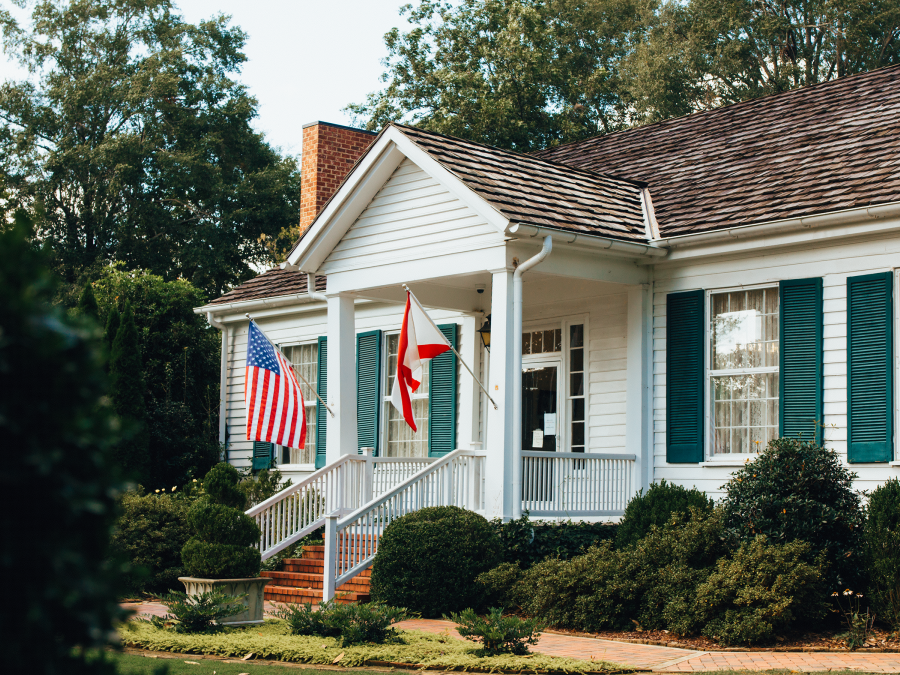Helen Keller Festival
This event has expired and is here for your information.
This annual event is one of the largest festivals in North Alabama. Please do not bring dogs to this event.
Visitors to the Helen Keller Festival should bring a lawn chair to most Festival events.
A first aid tent, sponsored by Helen Keller Hospital, will be located on the east side of Spring Park on Friday, Saturday and Sunday.
Helen Keller – A Brief Biography
At a plain, black well-pump in the small southern town of Tuscumbia, Alabama, one of the world’s great miracles took place. It began one bright, spring day in 1887. Puffy white clouds floated overhead on a background of blue, while birds fluttered through oaks and maples and flowers burst forth from the fertile soil in an array of colors—all unheard and unseen by a pretty girl of seven.
Standing at the totally blind and deaf Helen Keller’s side was a young woman, Anne Sullivan. Miss Sullivan was steadily pumping cool water into one of the girl’s hands while repeatedly tapping out an alphabet code of five letters in the other—first slowly, then rapidly. The scene was repeated again and again as young Helen painstakingly struggled to break her world of silence.
Suddenly the signals crossed Helen’s consciousness with a meaning. She knew that “w-a-t-e-r” meant the cool something flowing over her hand. By nightfall, Helen had learned 30 words.
Helen Adams Keller was born a healthy child on June 27, 1880, to Captain Arthur H. and Kate Adams Keller of Tuscumbia. At the tender age of 19 months, she was stricken with a severe illness which left her blind and deaf.
At the age of six, the half-wild, deaf and blind girl was taken by her parents to see Dr. Alexander Graham Bell. Because of her visit, Helen was united with her teacher Anne Mansfield Sullivan on March 3, 1887. After Helen’s miraculous break-through at the simple well-pump, she proved so gifted that she soon learned the fingertip alphabet and shortly afterward to write. By the end of August, she knew 625 words.
By age 10, Helen had mastered Braille as well as the manual alphabet and even learned to use the typewriter. By the time she was 16, Helen could speak well enough to go to preparatory school and to college. In 1904 she was graduated “cum laude” from Radcliffe College. The teacher stayed with her through those years, interpreting lectures and class discussions to her.
Helen Keller became one of history’s remarkable women. She dedicated her life to improving the conditions of blind and the deaf-blind around the world, lecturing in more than 25 countries on the five major continents. Wherever she appeared, she brought new courage to millions of blind people.
Her teacher, Anne Sullivan is remembered as “the Miracle Worker” for her lifetime dedication, patience and love to a half-wild southern child trapped in a world of darkness.

